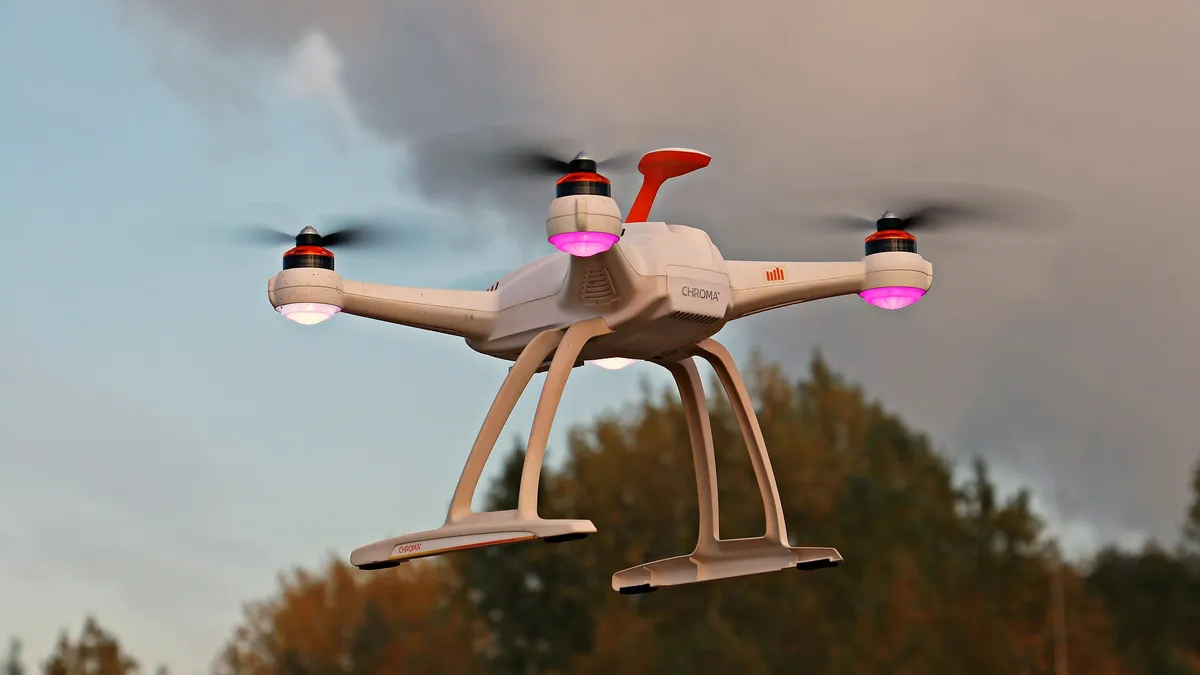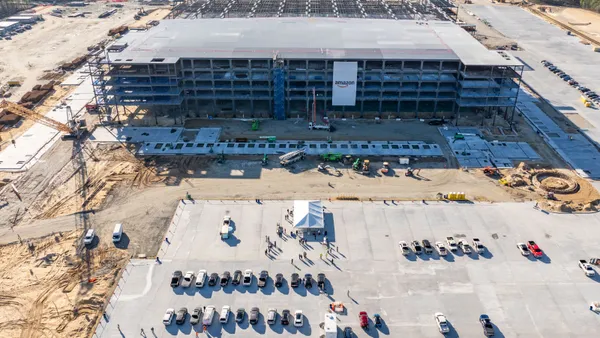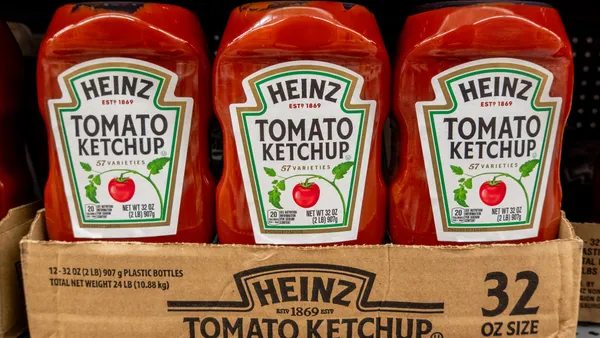Dive Brief:
- General Electric Co. is testing drones and robotic "crawlers" for quality inspection of refineries, factories, railroads and industrial equipment, seeking to make inroads into the $40 billion international inspection market, Reuters reported Tuesday.
- The robots move in and out of remote or unsafe facilities, taking pictures of possible damage and reading internal temperatures and gas levels that are ultimately assessed by algorithms and artificial intelligence. GE formed startup Avitas Systems for the business.
- IBM has begun a similar enterprise, utilizing its Watson-based technology to inspect various facilities. The robots are needed to replace a retiring inspection workforce without a human succession plan.
Dive Insight:
Predictions for manufacturing job shortages vary: some, such as Forbes, report that 22% of skilled manufacturing workers (or 2.7 million employees) will retire between now and 2027. Calculating likely industry growth means at least 700,000 more skilled employees will be needed, leading to an industry total of 3.4 million workers. The expectation is that 2.0 million workers are ultimately likely to be lacking.
With so many jobs unfilled, should manufacturing and industry spend time recruiting for positions like oil refinery inspector when there are countless available positions that cannot be done by a robot or crawler?
The gap between available jobs and a trained workforce can be attributed to several factors, such as lack of education in science, technology, engineering, mathematics (or STEM) disciplines; a lingering perception that manufacturing means working in a dirty, unsafe factory, and a lack of awareness of the good income available (averaging about $77,500 per year in the U.S.), and of the interesting work to be done.
Rather than training for an unsafe inspection job, is it beneficial for both the individual and the industry to leave some jobs to machines, where active danger simply results in replacement rather than possible death? Or is it better to always have a human backup available, should the machine's performance be found unacceptable? GE and IBM are banking on robots.













